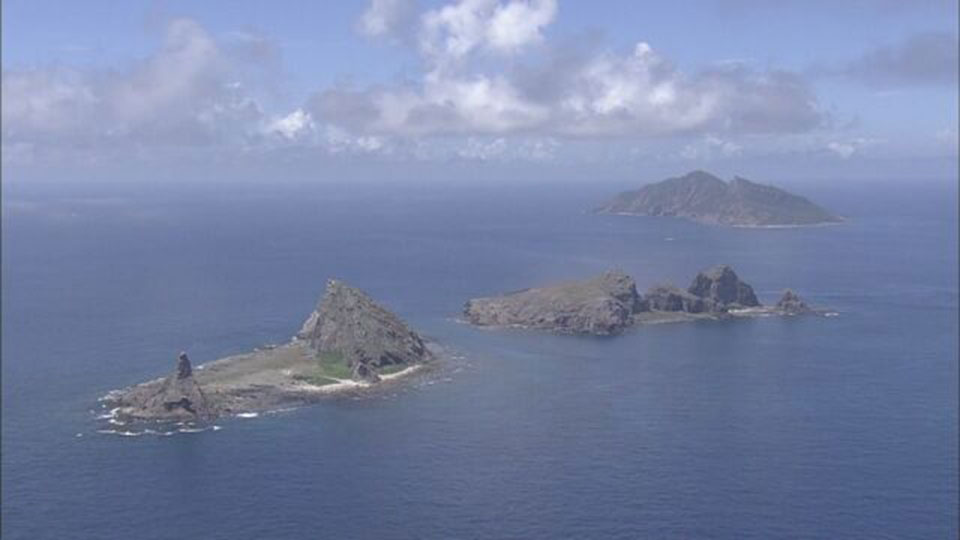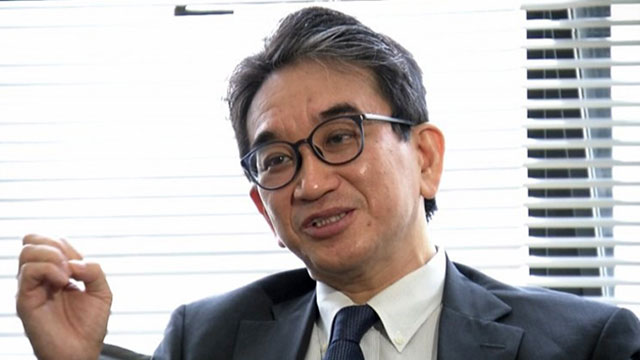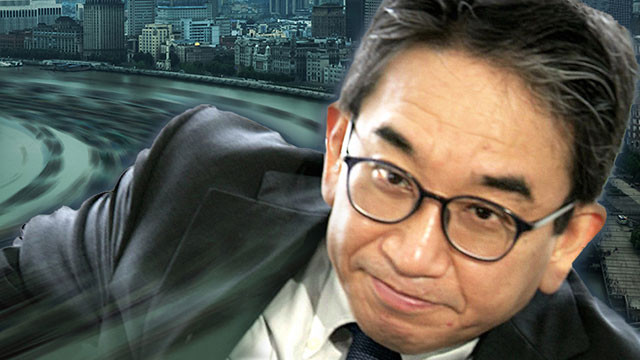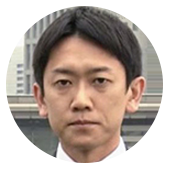Tarumi Hideo comes from the foreign ministry’s so-called “China school,” where diplomats are trained in the Chinese language. Somewhat unusually, all his overseas diplomatic missions have been in Chinese-speaking regions, including Taiwan and Hong Kong. Tarumi’s upcoming tenure will be his fourth posting to Beijing and this time, he’s the boss.
Tarumi’s information-gathering skills are renowned – so too, his knack for building personal connections. He says he has held hundreds of meetings a year with officials from a broad range of entities, including the Chinese Communist Party and pro-democracy activists.
He’s also the man behind the term “strategic and mutually beneficial relationship,” which Japan has used as a foundation for bilateral ties with China since 2006. It suggests the need for sustained communications regardless of sticking points, and remains to this day a key part of the government’s approach.
Tarumi says while it’s a great honor to serve in his new role, he is also conscious of the weight of expectation that comes with his impressive resume. “If I’m unable to make the most of my knowledge, experiences and connections, then my efforts will become worthless.”
A turn for the worse
About a decade ago, Japan-China diplomatic relations plunged to what has been described as their lowest point since being normalized. In 2010, there was a collision between a Chinese fishing boat and a Japan Coast Guard patrol vessel. The incident took place in Japan’s territorial waters surrounding the Senkaku Islands in Okinawa Prefecture. What’s more, ownership of three of the Senkakus was transferred from private citizens to the Japanese government in 2012.

But there have been encouraging signs recently, including mutual visits among the leaderships of both countries. If it wasn’t for the coronavirus pandemic, Chinese President Xi Jinping would have been in Japan in April as a state guest.
Still, some members of the main ruling Liberal Democratic Party are against the idea of having Xi in Japan as a state guest, because China is tightening its grip on Hong Kong and increasing maritime activities in the East China Sea and South China Sea.
Tarumi insists no concessions can be allowed over the Senkaku Islands because it is a matter of Japanese sovereignty. He also says Japan must not let the Chinese side take advantage of any openings. Instead, he’s calling for a system under which Japan’s ministries and agencies can collaborate and be ready for every possible situation.
“Matters of sovereignty cannot be solved in a year or two. Leaders should approach this in a strategic and cool-headed manner over a time span of 50 or 100 years,” he says.
In the Chinese government’s centralized system, he says, work is done from the top down. On President Xi’s postponed visit, Tarumi insists, “It goes without saying that dialogue is necessary at a high level – especially between the countries’ leaders.”
Working with Washington
China’s deepening rift with the United States complicates matters for Japan. Tarumi says the government needs to examine its approach by carefully monitoring Washington’s policy toward Beijing after the upcoming US presidential election. He adds that Japan and the United States enjoy a strong relationship of trust, and both countries will urge China to act in a way befitting of a major world power.

Japan’s Foreign Minister Motegi Toshimitsu has put his faith in Tarumi at a crucial juncture. The new ambassador is extremely experienced when it comes to China, and his arrival comes at a time of global upheaval.
“I think everyone shares the view that China’s behavior is problematic at the moment. It’s important to figure out how this should be conveyed,” Tarumi says. “When there are conflicting national interests, it’s the mission of the diplomats to explore what room there is for either concession or cooperation.”

